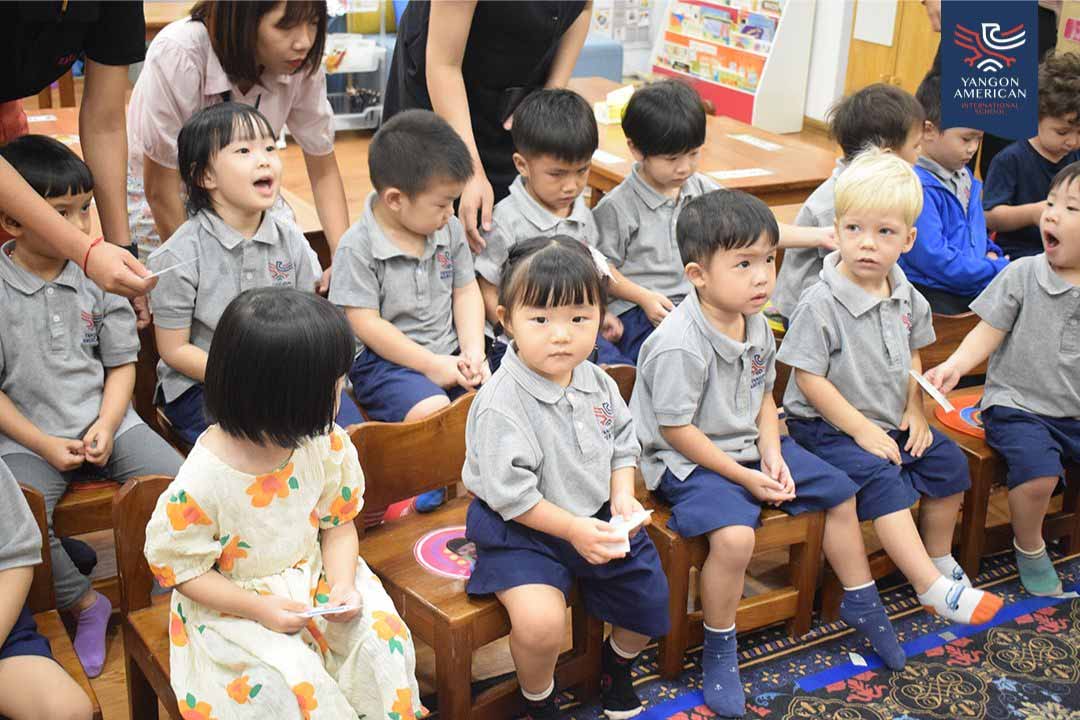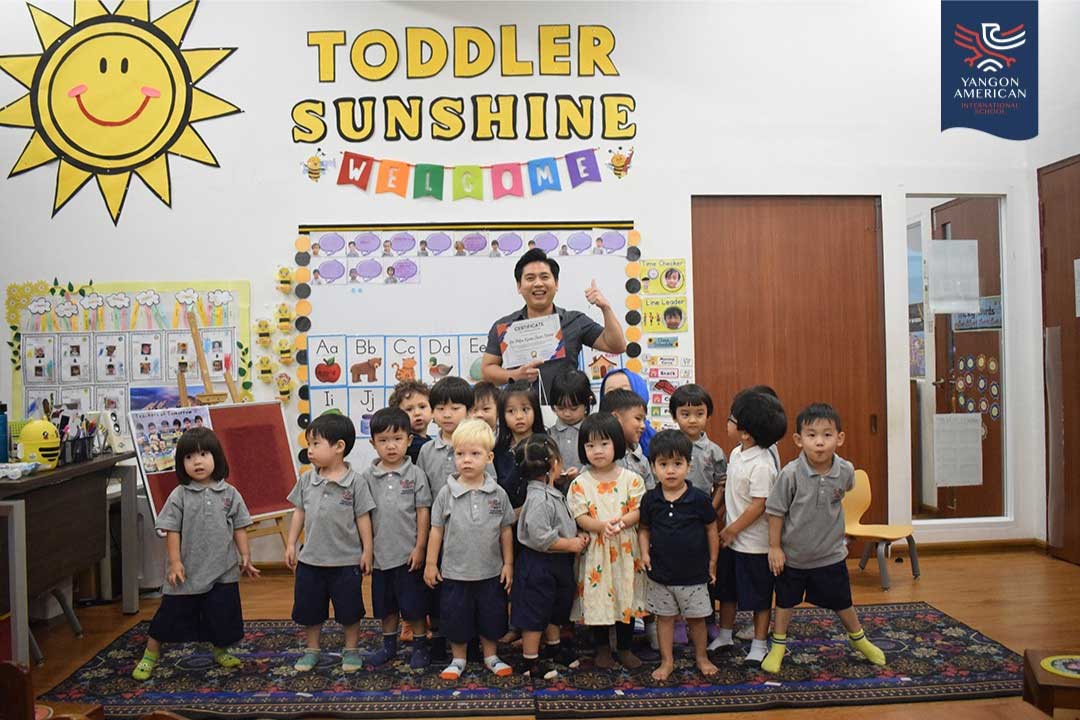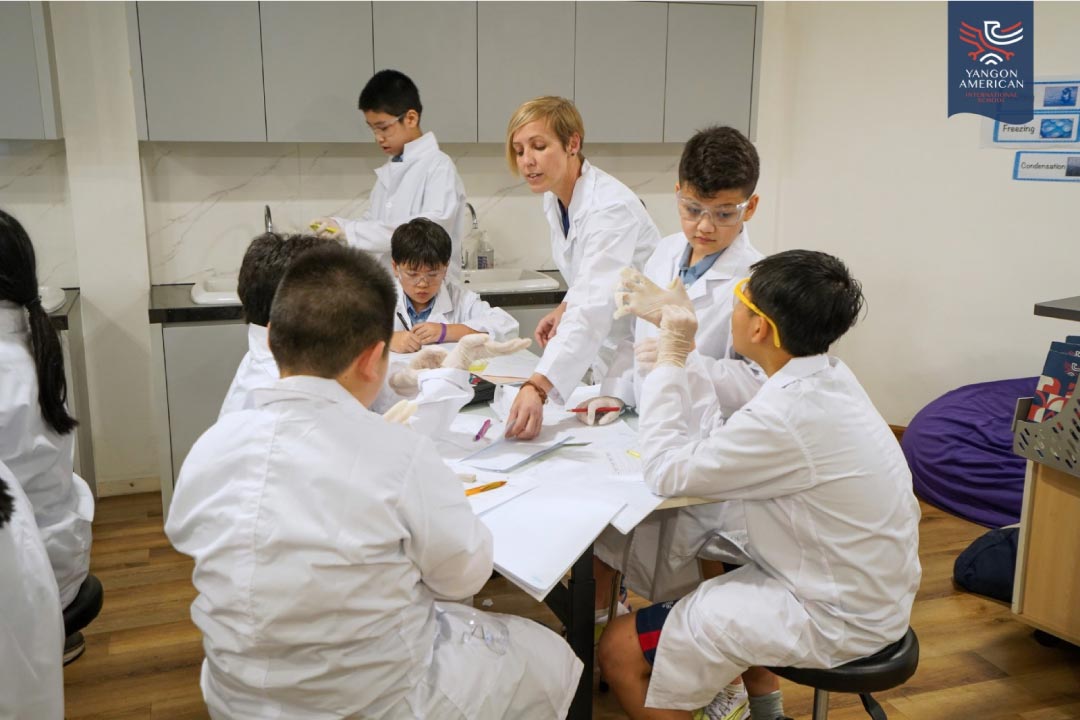Menu
Curriculum
Yangon American follows International and American standards. Standards are a set of educational guidelines that outline the knowledge and skills students should have at each grade level. These standards are research based to ensure that all students receive a consistent, high-quality education that prepares them for college, career, and life in the 21st century.


Please refer to the list below:
The International Baccalaureate (IB) philosophy is based on the belief that education can help to create a better world by promoting intercultural understanding and respect. The IB framework is designed to provide a holistic, student-centered education that develops critical thinking skills, social-emotional intelligence, and a lifelong love of learning.
At Yangon American International School, we are an authorized Primary Years Program (PYP) for students aged 3 to 12. We are adding the Middle Years Program (MYP) for students aged 11 to 16, and we will be planning for the Diploma Program (DP) for students aged 16 to 19.


All the programs are based on a set of core elements, including:
At Yangon American International School, our Social Emotional Learning (SEL) program is designed to help students develop skills to become more resilient, confident, and capable learners, and better prepared to succeed in both academics and life.
Our SEL program, with the incorporation of CASEL and the IB learner profile attributes, includes:
Yangon American International School believes in promoting cultural competence and understanding through learning languages.
Learning the Myanmar language shows respect for the local culture and can help students to better integrate into the community developing a closer partnership with our school and the country.
Additionally, learning English can help students to communicate with people from different parts of the world, opening opportunities for international travel, work, and study.
Having both languages and the opportunities to add other languages, such as French, will allow our students to be multilingual. Studies have shown that learning additional languages can improve memory, attention, and problem-solving skills. It can also boost academic performance in other subjects, such as math and science.
As Yangon American is an international school, we measure our progress through international based assessment called, Measurement of Academic Progress (MAP). The assessment is based on International and American standards that adapts questions to what students know by adjusting it to the difficulty level based on whether the student answers correctly. These questions can be related to information that is grade levels above or grade levels below to gauge their knowledge unrelated to their age or grade.
The results are immediately integrated into each student’s individually tailored learning plan, allowing teachers to identify the precise standards that each student has achieved and areas where further development is required.
Call now ![]() 9 AM to 5 PM
9 AM to 5 PM
Copyright © Yangon American International School. 2024. All rights reserved.